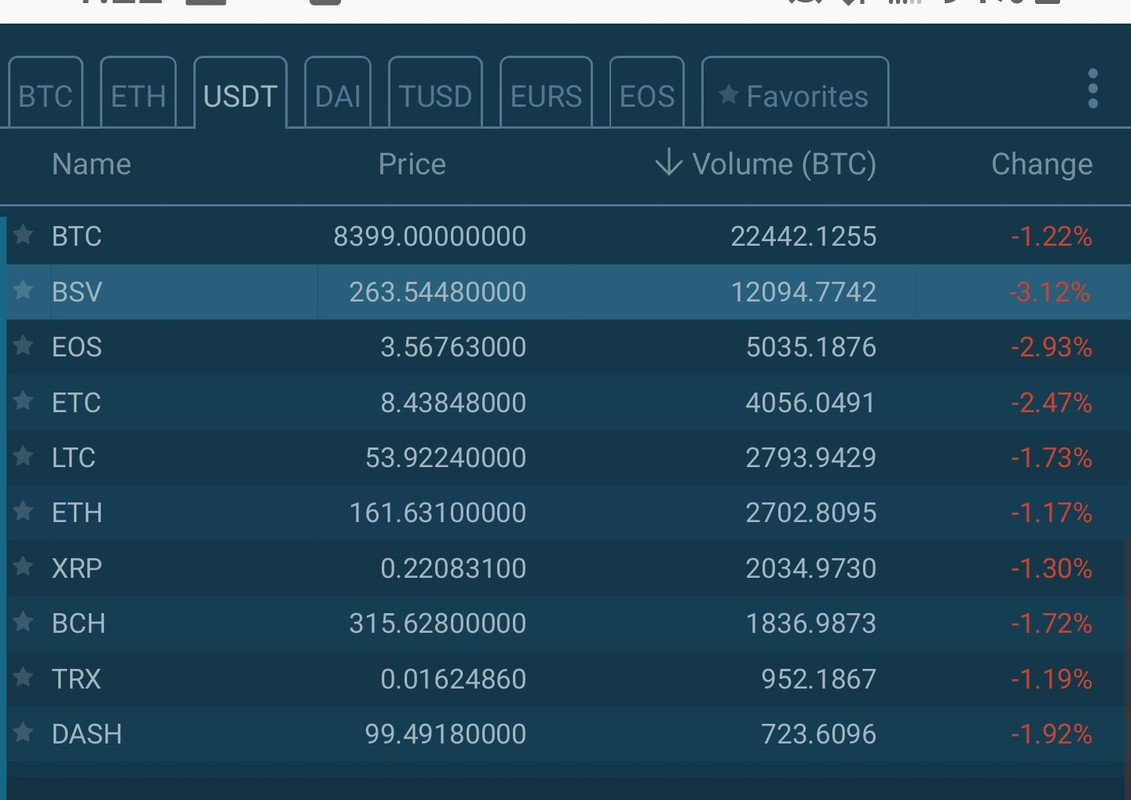my bucket theory of finance from the beginnings of this thread never defined miners as in charge or as governors of protocol rules/handouts. they were just one of many group actors in the space along with investors, users, merchants, exchanges, and yes devs, whose priorities and concerns had to be balanced against all the others. the only tried and true principles about miners is that they reorg between short term forks (usually just 1-2 blocks long, same chain) and that all tx fees should go to them and them only in the transition between rewards and fees over the long term for security purposes. this is what BSV is trying to preserve. BCH has perverted this into miners can do whatever they want because they're in charge and that protocol devs can be paid because miners govern it so. this betrays the honest behavior to the original protocol rules as economically incentivized by Satoshi while severely weakening the security of BCH by interfering with the PoW technicals of how block rewards are distributed. what will be the next miner driven policy? inflation of the 21M?
the other obviously misunderstood principle is the one around node behavior as defined in the WP:
the other obviously misunderstood principle is the one around node behavior as defined in the WP:
Last edited:

